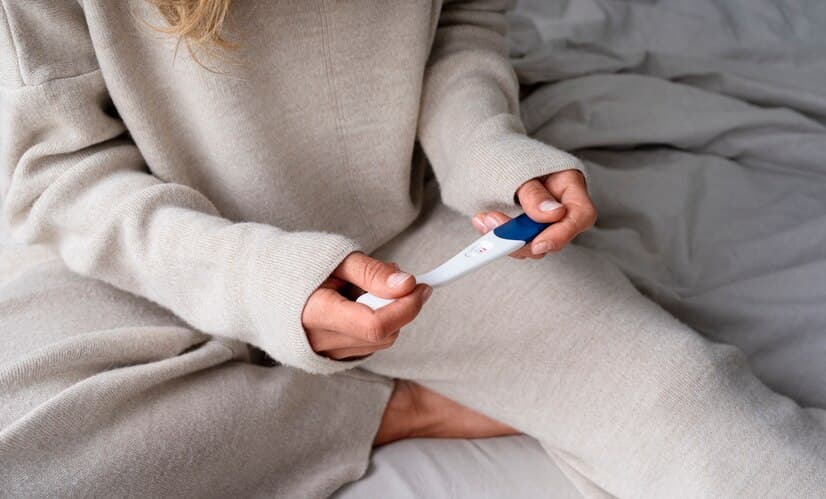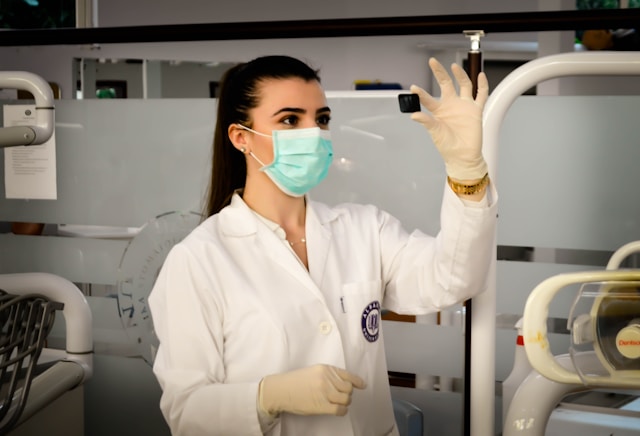Navigating the aftermath of a miscarriage involves traversing a challenging terrain, both emotionally and physically. The experience is unique, and understanding what unfolds within your body during this time is crucial for the recovery process.
In this guide, we will explore the intricacies of what happens to your body after a miscarriage, shedding light on both the recognizable signs and lesser-known aspects, from self-care to seeking professional support.
What Happens to Your Body After a Miscarriage: Recognizing Pregnancy Loss
Identifying a pregnancy loss requires a keen awareness of specific indicators. Vaginal bleeding, ranging from subtle spotting to heavier flows, often accompanies this unfortunate event. Additionally, experiencing cramping sensations in the lower abdomen, resembling both menstrual pain and intense contractions, may signal a miscarriage.
Symptoms and Warning Indicators
Vigilance is essential, and seeking professional assistance is advised if one encounters severe abdominal pain, fever, malodorous vaginal discharge, or exceptionally heavy bleeding. Acknowledging the individuality of post-miscarriage bleeding patterns is crucial. Additional changes may include breast tenderness and the potential for breast milk production.
Physical Transformations Post-Miscarriage: Navigating the Aftermath
Beyond bleeding and breast-related alterations, hormonal shifts or medications during procedures like D&C abortion may lead to nausea and diarrhea. Managing these symptoms, particularly nausea, can involve the use of over-the-counter medications, offering relief within a few days.
Recovery Duration: Insights into What Happens to Your Body After a Miscarriage
Recovery timelines are variable, typically spanning weeks to a month or more. Pregnancy hormones may persist for 1 to 2 months post-miscarriage. Resuming normal activities is feasible upon feeling ready, but refraining from vaginal contact for the initial two weeks is recommended to minimize infection risks. Emotional healing is an integral component of the recovery, with proactive steps fostering a more comprehensive approach.
Self-Care Tips After a Miscarriage:
- Embrace Gentle Physical Activities: Engaging in gentle exercises, such as walking or yoga, can be beneficial for both your physical and emotional well-being. These activities promote blood circulation, alleviate stress, and contribute to a sense of renewal. However, it’s crucial to consult with your healthcare provider before resuming any exercise routine;
- Creative Expression for Emotional Release: Expressing your emotions through creative outlets, such as journaling, art, or music, can provide a constructive means of processing grief. It allows you to externalize feelings and navigate through complex emotions. Creating a memorial or dedicating a symbolic piece can also serve as a cathartic experience;
- Prioritize Sleep and Rest: Adequate sleep is essential for physical and emotional recovery. Establishing a consistent sleep routine, creating a calming bedtime environment, and practicing relaxation techniques can contribute to better sleep quality. Prioritize rest as your body heals, and don’t hesitate to seek professional guidance if sleep difficulties persist;
- Nutritional Support: Pay attention to your nutrition, ensuring you consume a balanced and nourishing diet. Foods rich in vitamins, minerals, and antioxidants can support your body’s healing process. Consult with a healthcare professional or a nutritionist to develop a personalized dietary plan tailored to your needs.
Seeking Professional Support: What to Expect After a Miscarriage
Professional guidance is invaluable during this delicate time. Seeking support from healthcare providers, social workers, or spiritual advisors is recommended. Institutions like Eastside Gynecology can offer both medical and emotional assistance related to pregnancy loss, ensuring a comprehensive approach to healing.
Conclusion
Traversing the aftermath of a miscarriage involves understanding the physical and emotional changes. Recognizing symptoms, seeking timely help, and fostering a supportive environment contribute to a smoother recovery.
The proactive steps towards healing ensure a comprehensive approach to well-being post-miscarriage. If you need assistance or have medical concerns, do not hesitate to reach out to professionals for the support you deserve.



